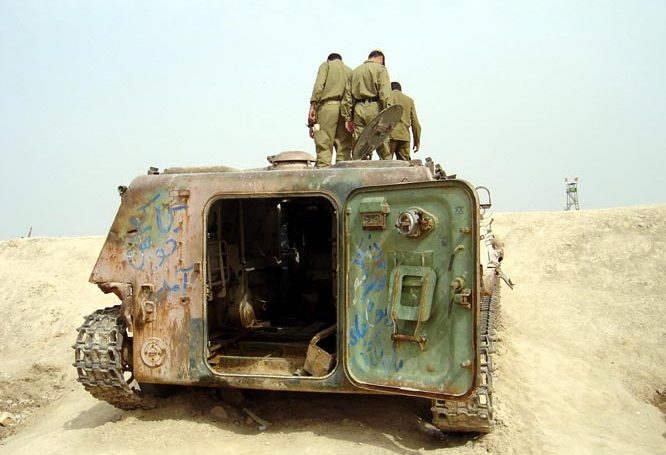
The Middle East is not a region known for peace and stability. However, the level of instability and violence that it is currently experiencing is a new phenomenon. In the post Saddam Hussein world, Iraq has experienced unprecedented levels of chaos and disorder. This has provided a fertile environment for non-state actors, such as the Islamic State in Iraq and the Levant (ISIL), to rise and take advantage of the volatile socio-political landscape. This terrorist organization has been able to successfully utilize the weaknesses of this region to advance its own agenda and substantially expand its sphere of power and influence, as well as its ability to inflict terror.
By making major advances in Iraq and Syria, ISIL has lifted itself from obscurity to become the world’s most infamous terrorist group. This group’s goal has been to control vast geographic space across Iraq, Syria and beyond, as well as to establish a Caliphate. To this end it has implemented a brutal strategy of terror, destruction and vast territorial acquisition. This has resulted in a substantial change in the security and geopolitical landscape of the region and the global community. As such, neighboring countries, such as Iran, have heightened security concerns related to the potential spillover effect into their borders. However, while ISIL is a threat to Iran, it has also provided the country with an opportunity to enhance its regional and global legitimacy.
ISIL’s terrorist activities have served as a platform helping Iran heighten its influence and involvement in the region, including in Iraq by flexing its hard and soft power muscles. This has translated into the development of a strong strategic partnership and cooperation between the governments of Iran and Iraq, as well as, a heavy Iranian on ground presence. As such, Iran has sent military advisors, the Islamic Revolutionary Guards Corps (IRGC), which is the Iranian regime’s elite paramilitary force, in addition to vast financial and military support to Iraq. Moreover, Iranian backed Shia militias are leading the Iraqi government’s counteroffensive to regain control of Iraqi territory lost to ISIL and are filling the vacuum left behind by the Iraqi military. This has translated into significant reliance by the Iraqi government on Iran and on the Shia militias heavily influenced by it to lead the offensive against ISIL, as they did in the offensive in Ramadi. This has highlighted Iran’s heavy on ground presence and its growing influence in the country.
Iran’s immense involvement is indicative of its historical interest in Iraq, as well as its wider ambition of being the regional hegemon. Another factor that is illustrative of Iran’s strategy to enhance not only its foothold in Iraq, but in the wider region as well is its new deal with the United States. This agreement will significantly increase cooperation and coordination between Washington and Tehran in the fight against ISIL and by extension enhance Iran’s regional and global legitimacy. Moreover, Iran will likely utilize its new deal with the United States, as well as its heavy involvement in Iraq to significantly expand its influence and help it achieve its regional ambitions. The result will likely lead to stronger and more pronounced Iranian involvement in Iraq, as well as an increase in its influence and advancement in the region. Given the changing dynamics in the region and Iran’s increasing ability to shape Iraq’s domestic and foreign policy and the new deal between Iran and the United States, it is important to comprehensively examine and understand the layers associated with Iran’s involvement in Iraq, its growing influence in the region and potential challenges that may emerge as result.
Further Reading on E-International Relations
- Opinion – Iraq’s Toughest Challenge: Controlling the Iranian-backed Militias
- Opinion – Could the Sino-Iranian Agreement Weaken US Hegemony?
- Opinion – The Iranian Regime’s Future Post Soleimani
- Opinion – The Iranian Regime’s Continuing Oppression Amid Growing Protests
- Opinion – Iranian Soft Power in a Post Soleimani Era
- Iraq’s Evolving Paramilitaries Will Have an Impact on State and Society